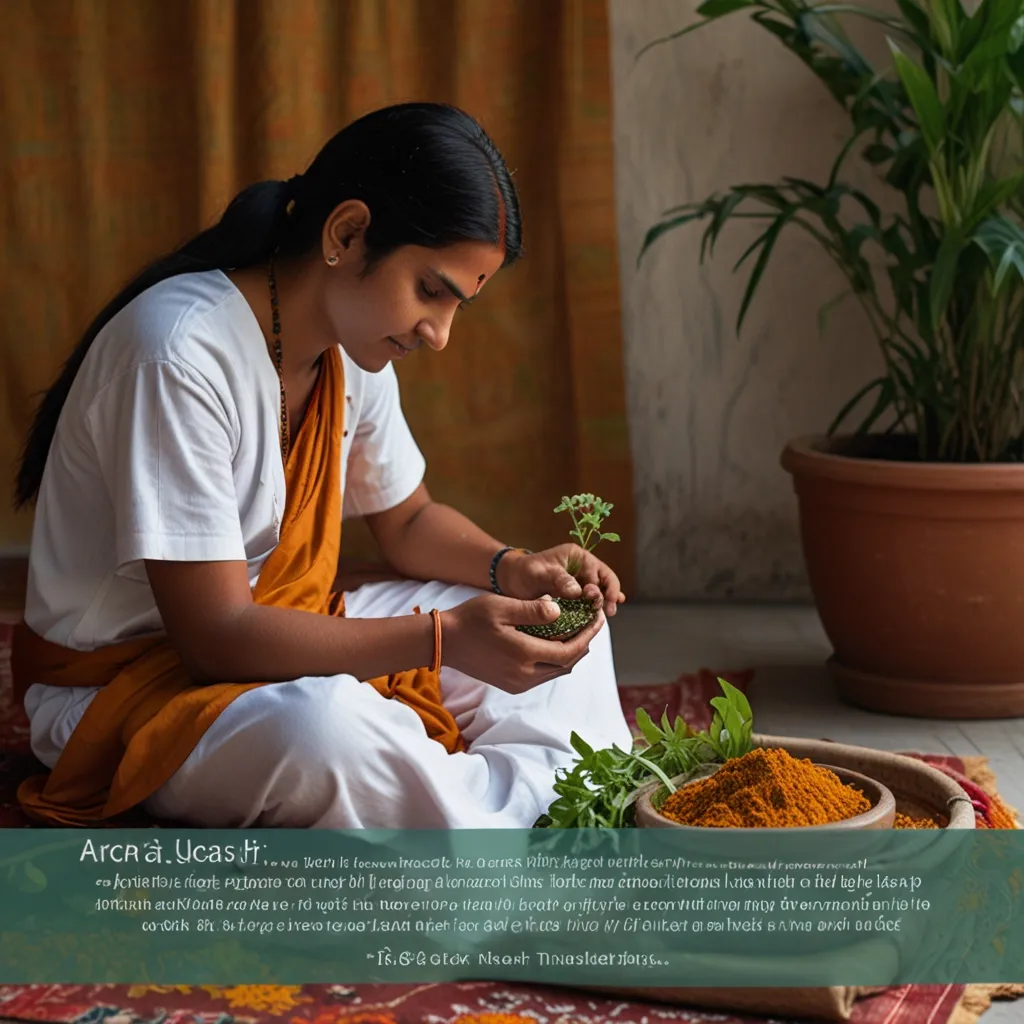In Hinduism, charity and generosity aren’t just suggested behaviors—they’re vital virtues wrapped around the fabric of the religion. These values not only benefit the receiver but immensely help the giver too. Dipped in ancient wisdom, the Yajur Veda—a revered Hindu scripture—places a spotlight on giving and its deep-reaching impacts on both individual souls and society at large.
The Heart of Giving
Giving is more than a mere obligation; it’s a spiritual practice that cleanses the soul and fuels spiritual advancement. Known as ‘Daana,’ this act of generosity transcends just monetary assistance. It involves sharing knowledge, spreading kindness, and lending a helping hand to all beings. Generosity is a way to show gratitude for what we have and work towards a more just and empathetic world.
The Boons of Charity
The Yajur Veda says, “Charity is the greatest of all religions,” pointing out the pivotal role of giving in Hinduism. Generosity brings blessings from the gods and boosts our karma. The Rig Veda strengthens this idea with the declaration, “He who gives to others will never be poor,” suggesting that generosity not only contributes to spiritual merits but also brings material rewards.
Cleansing Past Sins
Charity goes as far as to serve as a method of wiping out old sins. Hindu scriptures advocate that giving can neutralize the blemishes of past misdeeds. For instance, contributions to temple construction are believed to safeguard several generations from hellish predicaments, highlighting the transformative power of generous actions.
Selflessness in Action
Another influential text, the Bhagavad Gita, resonates with the call for selfless action. It teaches performing duties without clinging to their results. There’s a strong essence in the verse, “You have a right to perform your prescribed duty, but you are not entitled to the fruits of your actions.” Thus, the purest form of charity is giving without expecting anything in return.
Diverse Gifts & Their Merits
Different types of gifts bring various benefits, both spiritual and material. For instance, feeding the hungry is highly exalted. It’s said those who prioritize giving food are blessed abundantly. Likewise, donating clothes or valuables like silver and gold can shower blessings like good attire, longevity, and wealth upon the giver.
The Purity of Intent
When it comes to donating, purity of heart matters immensely. True charity is driven by the intent to serve God and spread the message of dharma, free from the desire for personal gain. This ensures that the act remains an unadulterated gesture of kindness and devotion.
Persistent Giving
Regularity in giving, regardless of the amount, is encouraged. One should balance their income and expenses, deciding on an affordable amount to donate without financial distress. Starting small and gradually increasing the donation as circumstances allow is a practical recommendation.
Beyond Monetary Donations
Charity isn’t confined to monetary contributions. It branches out to sharing wisdom, aiding the needy, and protecting animals. For instance, in the Vedic tradition, protecting cows is emphasized. Acts like feeding thousands of devotees daily are seen as philanthropic services to God.
Echoes of Gratitude
Gratitude plays a vital role in the act of giving. It’s one’s duty to show thankfulness for the help received and extend kindness when others are in need. A compelling story about Bharatendu Harishchandra, a notable Hindi scholar, personifies this. Despite repaying a debt, he continued to show gratitude by doling out small sums to his benefactor, symbolizing deep respect for the kindness he experienced.
Ripples of Generosity
The impact of giving extends far beyond the immediate moment, creating waves of positivity that benefit the entire cosmos. It cultivates love and compassion, dissolves greed and selfishness, and fosters empathy and understanding. Acts of charity can also be directed towards environmental care, such as preserving biodiversity parks and ensuring the welfare of all living creatures.
Scripture Encouragement
Hindu scriptures are filled with verses cheering generosity. The Atharva Veda mentions, “Charity is the key to heaven.” The Rig Veda adds, “He who gives to others will be blessed by the gods.” Such verses cast light on the spiritual riches that come with charity, nudging individuals to embrace generosity wholeheartedly.
Being Smart About Giving
When deciding to give, it’s wise to choose reputable causes and organizations. Donating to well-kept temples or trustworthy charitable institutions is highly recommended. Adding prayers for the well-being of temples and the spread of dharma adds a spiritual layer to your act of giving.
In the end, charity in Hinduism is an all-encompassing virtue that enriches both the giver and the recipient. It purifies the soul, enhances karma, and also brings material benefits. By giving with a pure heart and without expecting rewards, one can embody the virtues of dharma and contribute to a more compassionate and just society.






